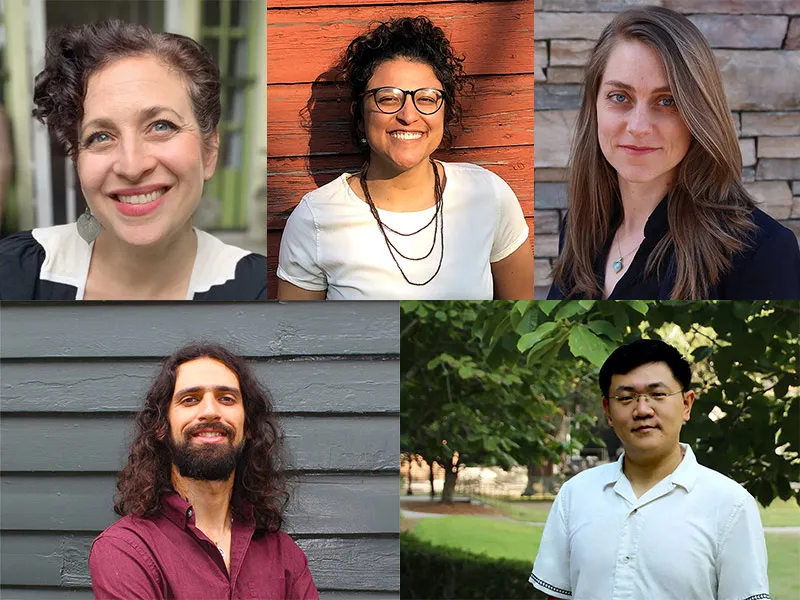
Assistant Professor of History Xiaoyue Yasin Li, alumni Mary Kate Kelly (SLA ’22) and Daniella Santoro (SLA ’21), alongside PhD Candidates Ruben Morales Forte and Luisa G. Melo, have been awarded highly prestigious fellowships by the American Council of Learned Societies (ACLS). These distinguished accolades symbolize the recognition and support granted to exceptional scholars and scholarly teams worldwide, fostering groundbreaking research in the humanities and interpretive social sciences.
Learn more about each of the award winners and the focus of their research below.
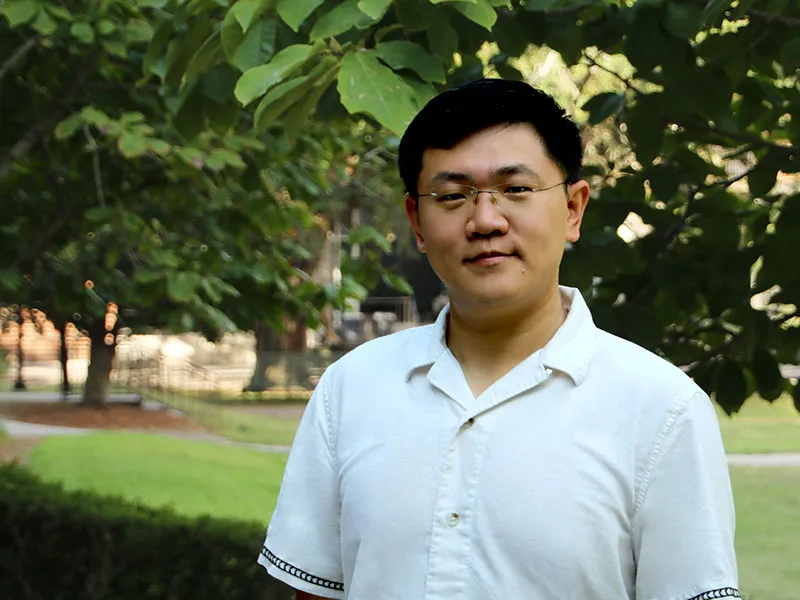
Xiaoyue Yasin Li — Assistant Professor, Tulane University (Department of History)
Xiaoyue Yasin Li is an Assistant Professor of History and MENA Studies at Tulane University. He received his Ph.D. in history from the University of Michigan, Ann Arbor in 2021. As a historian of the modern Middle East, Xiaoyue Li’s scholarship centers on techno-infrastructure within its broader social milieu in Egypt, and explores the interplay of materiality, technology, capitalism, and everyday politics. His upcoming book, Taming an Iron Horse: Capital, Politics, and Rail Infrastructure in Egypt, revisits the modern Middle East as a frontier of empires and its entrenched entanglement with global histories of capitalism, empire, and resistance. Taking an infrastructural approach, this study accentuates the multilayered politics in motion at an empire’s frontier that oscillated between modernity and indigeneity, capitalization and decolonization, autocratic reality and democratic ethos.
Project: Taming an Iron Horse: Capital, Politics, and Rail Infrastructure in Egypt
Program:ACLS Fellowship Program
Department: History
Abstract: In modern Egypt, the sprawling railway network not only magnetized global capital, but also kindled a divergent and sometimes clashing set of aspirations and practices. This book project examines the multiple, contingent, and fluid shades of meaning cast by a singular railway infrastructure from 1854 to 1933. It focuses on a diverse array of figures amidst Egypt’s mounting debt crisis — from colonial dignitaries, social critics, and environmental savants to intrepid female travelers, nomadic bandits, and displaced refugees. While powerful agents sought to tame the railways with vexing narratives of modernization, stringent governance, or nationalistic fervor, marginalized individuals danced on the fringes of legal boundaries, destabilizing the dictates set by the former. In every subversive act, they echoed heterogenous desires for redistributing social wealth and popular engagement with Egypt’s top-down modernization. Taking an infrastructural approach to revisit the modern Middle East, this project accentuates the multilayered politics in motion at an empire’s frontier that oscillated between modernity and indigeneity, capitalization and decolonization, autocratic reality and democratic ethos.
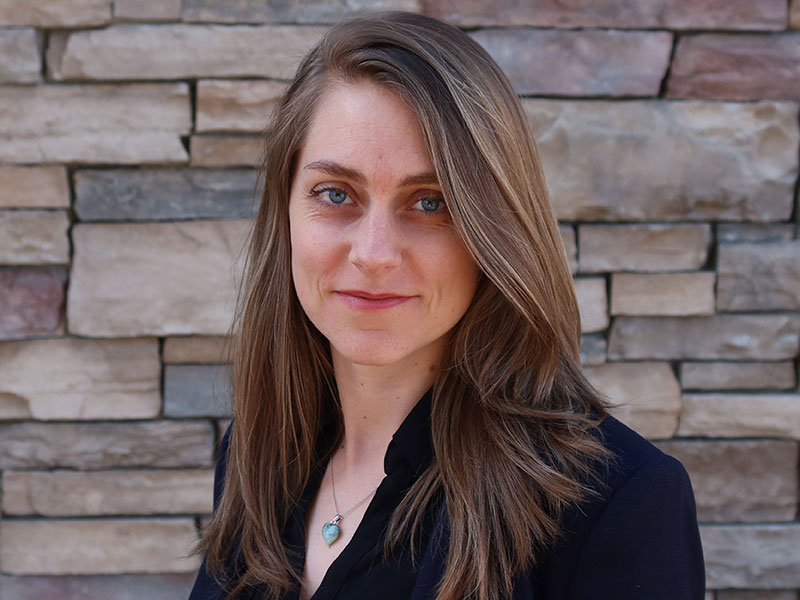
Mary Kate Kelly
Mary Kate Kelly (Andrew W. Mellon Foundation NASI Predoctoral Fellow) received her PhD from Tulane University in 2022, studying the linguistics of Maya hieroglyphic writing. Her research looks at linguistic variation in the inscriptions, in order to gain better insight as to the distribution of different, but related, linguistic groups among the ancient Maya. This study assesses the geographic distribution of language varieties, the relationship between language and power, and the ways in which sociopolitical forces affected historical language change.
Project: Maya History in 3D
Program: ACLS Fellowship Program
Department: Anthropology
Abstract: The ancient Maya recorded their history on carved and painted hieroglyphic inscriptions, many of which are preserved in the archaeological record. While recent decipherments have made much of this history known to the scholarly community, modern Maya peoples are often excluded from rewriting this history from their invaluable perspective. This project initiates collaborative efforts with a Maya heritage community to cocreate a history of Waka’, an archaeological site in northern Guatemala. The ancient history, translated from the hieroglyphic monuments, will be narrated across three interrelated, public-facing media: an illustrated monograph; an interactive online database of 3D models of the monuments; and physicalizations (3D prints) of inscriptions interactively connected to the online database, which allows the viewer a tactile and visual experience of the monuments. Each element will bridge academic and Indigenous knowledge systems, focused on decolonizing our relationship to Maya history and opening a dialogue with the living Maya to enrich our understanding of the past.
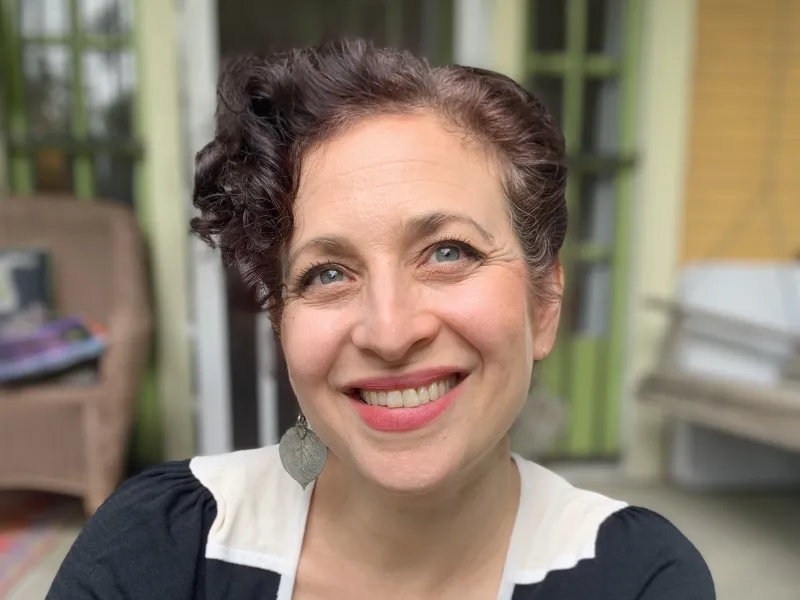
Daniella Santoro
Daniella Santoro graduated from Tulane University in 2021 with a PhD in Medical Anthropology. Her dissertation explored the experiences of rehabilitation in the afterlife of gun violence and violently acquired injury in New Orleans, Louisiana. The ethnography focused on how residents with gun shot induced spinal cord injuries organize around wheelchair specific mobility and vie for social visibility and justice.
Project: Wheelchair Life: Disability and Black Survival after Gun Violence in New Orleans
Program: ACLS Fellowship Program
Department: Anthropology
Abstract: This research examines the spaces of social and political erasure of those injured by gun violence in New Orleans. At the intersection of racist and ableist narratives that blame black men for their injuries and view disability only as suffering, gunshot survivors are underserved, their subjectivities and lifeworlds under-represented. ACLS funding supports research and writing about Black disability living history and gunshot survival in order to prepare a book manuscript centered around a social network of disabled survivors. “The Wheelchair Life” focuses on how gunshot survivors contest their social invisibility, build care networks and how disability identities are forged within the existing stakes of Black survival in New Orleans and the United States.
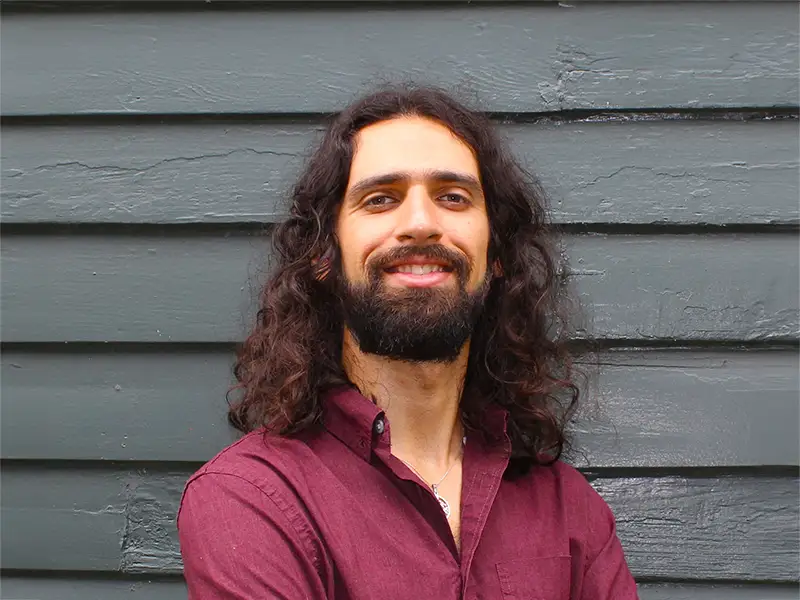
Ruben Morales Forte
Rubén Morales Forte is a Ph.D. student in Linguistic Anthropology. His dissertation research focuses on linguistic variation in the Ch'orti' Mayan language of Eastern Guatemala, Central America. His interests include Mayan languages, Maya archaeology, Maya Epigraphy, and Community Engagement as an approach to transforming scientific research. He has conducted archaeological fieldwork in the Maya Lowlands, the Maya Highlands, and the Pacific Coast of Guatemala. He has also worked with Kaqchikel, another member of the Mayan language family, and developed a joint community project with the Regional Museum of Southeastern Petén at Dolores, Guatemala. He was a Mellon Fellow for Community Engagement from 2018-2020. Before enrolling in the Ph.D. in Anthropology, he earned an MA in Latin American Studies at Tulane and a Licenciatura in Archaeology from Universidad del Valle de Guatemala. When not working, Ruben feels at his best watching sports, riding his bike, and exploring the outdoors.
Project: Who Speaks How: Sociolinguistic Patterns Among Ch’orti’ Communities in Guatemala
Program: Mellon/ACLS Dissertation Innovation Fellowship
Department: Anthropology
Abstract: The research project, “Who Speaks How: Sociolinguistic Patterns Among Ch’orti’ Communities in Guatemala,” explores the elements configuring group identities within the speakers of a small Maya language in Guatemala. The research team traversed the mountainous areas of Chiquimula, to interview people about the different iterations of the language and which of those linguistic forms hold a special place for the local speakers. In this way, we learn about words falling out of use and those innovating the language, alternative counting systems, patterns for color derivation, and fascinating grammatical characteristics.
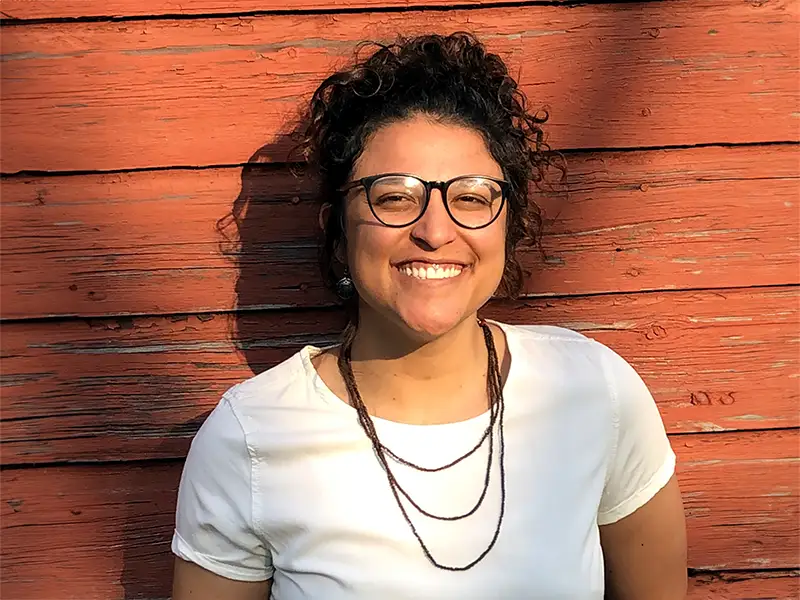
Luisa Helena Goncalves de Melo
Luisa G. Melo is a woman of color, interdisciplinary scholar, and visual artist from the marginalized periphery of Brasilia. She was trained as a graphic designer in Brazil, an urbanist in Mexico, and is currently a PhD student in City, Culture & Community at Tulane University. Her scholarship is the result of a long academic journey where she has crafted a unique path that integrates the arts with the social-spatial analysis of the city and counter-hegemonic movements taking place in Brazilian social peripheries. Each part of Melo’s personal-academic journey adds different colors to the lenses she use to analyze practices of freedom emerging in the anti-Black city, including her origin, identity, artistic training, broad geographical experiences, and community activism. She seeks to build spaces of freedom within her academic practice and community-engaged scholarship: thinking, theorizing, and organizing in the midst of “remembering we were never meant to survive” (Lorde 1997).
Project: Refusing Spatial Exclusion: Black Placemaking in the Margins of Brazil’s Capital City
Program: Mellon/ACLS Dissertation Innovation Fellowship
Department: City, Culture & Community
Abstract: This dissertation is a multimodal ethnography of Black freedom practices in the racially segregated peripheries of Brasilia that demonstrates these practices can reshape oppressive cityscapes. In partnership with two local collectives (Casa Akotirene and Casa da Memória Viva de Ceilandia), the project co-produces a digital exhibition of a historically marginalized neighborhood, Ceilandia, through family archives and oral history. This digital humanities project combines collective learning, preserving community archives, and intergenerational organizing with youth in broadening the reach of the untold story of Ceilandia. It builds on Black feminism and Black geographies to document and analyze practices of Black placemaking in Brasilia under the theoretical framework of insurgent planning. By gathering and analyzing multiple media data, this dissertation shows sensory dimensions and emotional hues of storytelling and family archives, while the exhibition will serve as a digital meeting ground for the residents of Ceilandia to experience and analyze shared histories of struggle and resistance across Brasilia.

